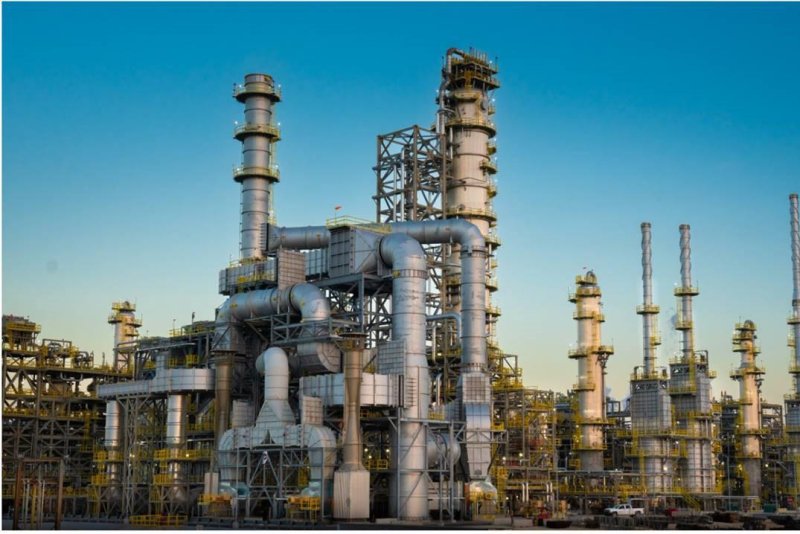ExxonMobil said Thursday that it began operating from the expanded section of its Beaumont refinery in Texas, one of the biggest in the country and the largest domestic refinery overhaul since 2012.
Exxon claimed it spent $2 billion to increase the processing capacity at the Texas plant by 250,000 barrels per day, bringing the total to 650,000 bpd.
As demand for transportation fuels is increasing, the new crude unit allows us to produce even more of them, according to Karen McKee, president of ExxonMobil’s product solutions division.
The Energy Department has revised its February forecast for gasoline demand up 2.3% to an average 8.9 million bpd. Lackluster fuel efficiency for the current fleet of vehicles on the road compensated for a decrease in expected miles driven.
Pipelines link Beaumont to Exxon’s operations in the Permian shale basin, which are dispersed across Texas and New Mexico. This crude is converted at the facility into diesel, gasoline, and jet fuel. The Permian basin produces about 5.5 million barrels of oil per day, or about 60% of all inland oil produced in the United States.
The Energy Department anticipates that once the Beaumont expansion begins operating, lower retail gasoline prices will have a trickle-down effect on the economy.
“We expect that rising gasoline inventories, along with falling crude oil prices, will gradually decrease gasoline prices throughout the forecast period,” its latest monthly market report read. “We expect fourth-quarter retail gasoline prices to average close to $3.20 per gallon.”
Exxon’s fourth-quarter production of 3.8 million oil-equivalent barrels matched year-ago levels and was just 2.8%, or about 100,000 barrels, more than third-quarter levels. Exxon said much of its growth came from the Permian shale basin in the southern United States and offshore Guyana, where it operates alongside U.S.-based Hess Corp.





